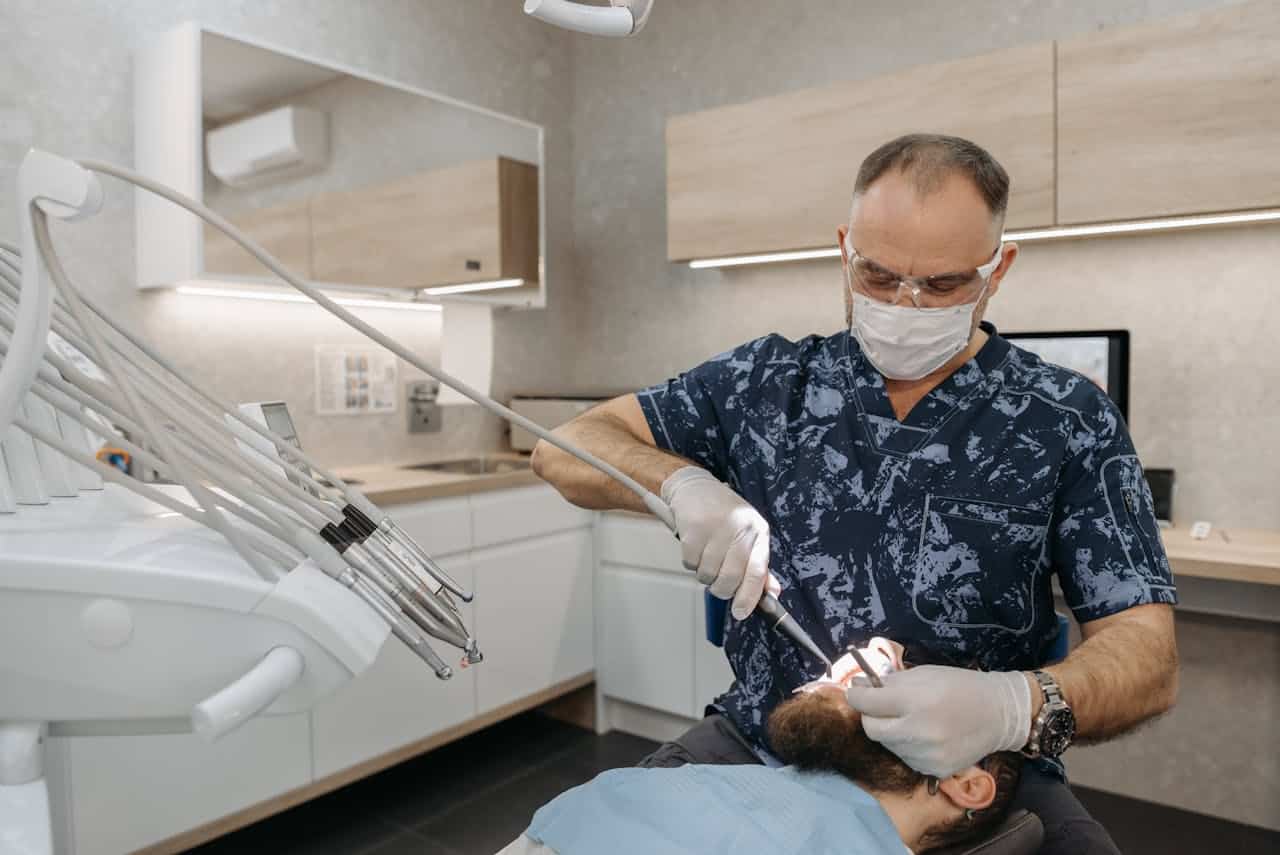Gingivitis is a prevalent yet mild form of gum disease that often begins with subtle symptoms. While these signs may seem minor, addressing gingivitis early is important to protect your long-term oral health and prevent more serious issues. Beyond oral health, untreated gingivitis has been associated with broader health concerns. Taking action now can make a positive difference in both your smile and your general well-being.
It’s important to understand how gingivitis develops, as well as its signs and treatment. This knowledge helps maintain healthy gums and prevent complications.
In this article, we’ll answer key questions such as:
- How long does gingivitis last?
- What are the causes of gingivitis?
- What are the remedies to treat and prevent gingivitis?

What is Gingivitis?
Gingivitis is inflammation of the gums, typically caused by plaque buildup on the teeth. This early stage of gum disease is characterized by red, swollen gums that may bleed when you brush or floss.
Unlike more severe forms of gum disease, gingivitis does not damage the bone or tissue that supports the teeth. However, without timely intervention, it can progress to periodontitis, which poses more severe risks to dental health.
How Does Gingivitis Develop?
Gingivitis develops when plaque, a sticky film of bacteria, accumulates on the surfaces of your teeth. Plaque forms from food particles, saliva, and bacteria mixing in the mouth. Poor oral hygiene practices, such as not brushing or flossing your teeth regularly, enable plaque to harden into tartar. Tartar is more difficult to remove and acts as a shield for bacteria, promoting further gum irritation.
Factors that can increase your risk of developing gingivitis include the following:
- Smoking or using tobacco products
- Hormonal changes, such as during pregnancy or menopause
- Certain medical conditions like diabetes
- Medications that reduce saliva production
- Poor nutrition, especially a deficiency in vitamin C
What Are the Warning Signs?
Early detection is crucial for effective treatment of gingivitis, as it helps to prevent complications and more advanced gum disease. The warning signs below may indicate that more immediate action is necessary.
If you notice any of these symptoms, it’s important to address them promptly to prevent the progression of gingivitis to more severe forms of gum disease:
- Red or swollen gums
- Bleeding when brushing or flossing
- Bad breath that persists
- Receding gums
- Tender or sensitive gums
How to Treat Gingivitis
Effective treatment of gingivitis begins with professional dental care and maintaining good oral hygiene practices at home. Here are some essential steps for treating gingivitis effectively:
- Professional Cleaning: A dental cleaning will remove plaque and tartar buildup that cannot be eliminated by regular brushing and flossing. This is an essential first step in reversing gingivitis.
- Improved Oral Hygiene: Commit to brushing your teeth at least twice daily and flossing once daily to remove plaque and prevent buildup. Use a soft-bristled toothbrush and fluoride toothpaste to reduce gum irritation.
- Antiseptic Mouthwash: Rinsing with an antibacterial mouthwash can help control plaque and reduce gum inflammation. Look for mouthwashes that are specifically designed to combat gingivitis.
With diligent care, most cases of gingivitis can be resolved within 10 to 14 days. However, the exact duration may vary depending on the severity of the condition and how quickly it is addressed.
When to See the Dentist
While mild gingivitis can often be treated at home, it’s essential to visit a dentist if home remedies do not show improvement or symptoms start to worsen. Seeing a dentist ensures that any underlying issues are addressed effectively.
You should visit a dentist if:
- Symptoms persist for more than two weeks.
- Gums continue to bleed despite better oral hygiene.
- You experience severe pain or swelling.
- Signs of infection develop, such as pus or a fever.
A dentist will assess your condition and may recommend further treatments, such as scaling and root planing, if necessary. Regular dental check-ups play a vital role in detecting gingivitis early and preventing its recurrence.
What Are Remedies to Treat Gingivitis?
In addition to professional treatment, several home remedies and preventive measures can help manage gingivitis. These natural remedies not only provide relief from symptoms but also help reduce gum inflammation and promote better oral health.
By incorporating these measures into your daily routine, you can make a significant impact on keeping gingivitis under control and ensuring healthier gums:
- Saltwater Rinse: A warm saltwater rinse can reduce inflammation and kill bacteria. Mix half a teaspoon of salt in warm water and swish it around your mouth for 30 seconds.
- Hydrogen Peroxide Solution: Diluted hydrogen peroxide can be used as a mouthwash to combat bacterial growth.
- Tea Tree Oil: Adding a drop of tea tree oil to your toothpaste may help fight plaque and reduce gum inflammation.
- Coconut Oil Pulling: Swishing a tablespoon of coconut oil in your mouth for 10-15 minutes can reduce harmful bacteria and promote gum health.
While these remedies can help manage gingivitis, they should complement, not replace, professional dental care. Regular brushing, flossing, and dental visits remain the cornerstones of effective gingivitis management.

Protect Your Gum Health with Archpoint Dentistry
Effective treatment of gingivitis requires prompt action and consistent care. At Archpoint Implant Dentistry, we are dedicated to providing comprehensive dental services to help you maintain optimal gum health.
Our experienced team can guide you on how to prevent gingivitis, offer professional cleanings, and create personalized treatment plans to restore your smile and comfort.
Don’t let gingivitis become a long-term problem. Trust our expertise, and let us help you achieve the healthiest gums possible. Book an appointment with Archpoint today.








